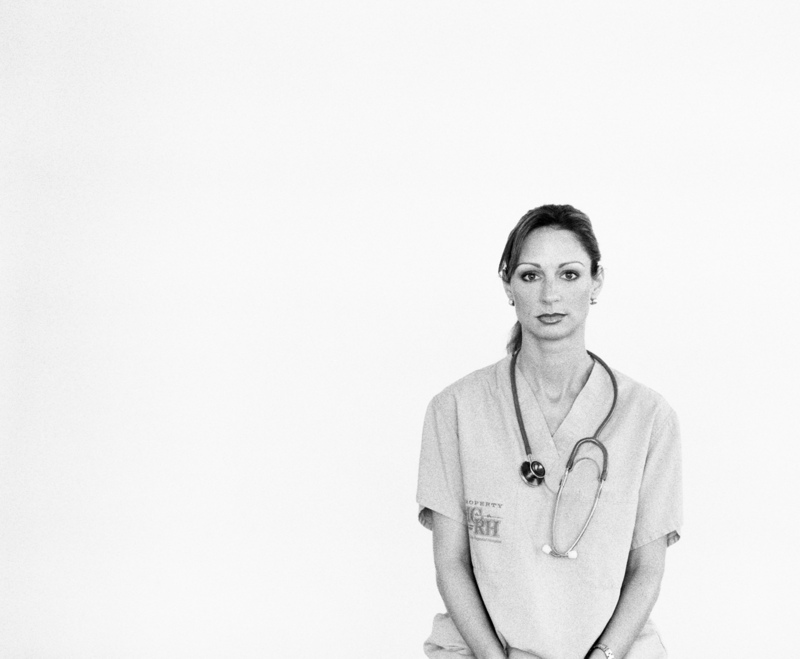
Here are some of the latest health and medical news developments, compiled by the editors of HealthDay:
Medicare Beneficiaries in ‘Donut Hole’ Get Drug Discount in 2011
A 50 percent discount on brand name prescription drugs will be given next year to Medicare beneficiaries who are in the Medicare Part D “donut hole” coverage gap, the U.S. government announced Thursday.
This year, Medicare beneficiaries who hit the donut hole received $250 rebate checks as part of the new health care law. So far, more than 1.2 million beneficiaries have received rebate checks and millions more are scheduled to receive a check, according to Health and Human Services Secretary Kathleen Sebelius.
This year, the donut hole begins when a Medicare beneficiary’s prescription drug costs reach $2,830. While in the gap, they have to pay 100 percent of the cost of their prescription drugs and must spend $3,610 out of their own pockets before they qualify for catastrophic coverage.
Under the new health care law, the donut hole will be closed by 2020, according to the White House.
—–
Many HIV-Positive Men Unaware They’re Infected: Study
Nearly 20 percent of gay and bisexual men in U.S. cities are infected with HIV, and 44 percent of those men don’t know they have the virus that causes AIDS, says a federal government study released Thursday.
The Centers for Disease Control and Prevention researchers tested and interviewed 8,153 gay and bisexual men in 21 cities and found that the overall rate of HIV infection was 19 percent. Black men were most likely to be infected (28 percent), followed by Hispanics (18 percent) and whites (16 percent).
Young men and those of color were least likely to know they were infected with HIV. The study found that 63 percent of infected men under age 30 were unaware. Among infected men of all ages, 59 percent of blacks, 46 percent of Hispanics, and 26 percent of whites were unaware they were infected.
Only 45 percent of men unaware of their infection reported having an HIV test within the last year.
The study appears in this week’s Morbidity and Mortality Weekly Report, published by the CDC.
—–
Three-Quarters of Americans Could Be Overweight by 2020: Study
Three out of four Americans will be overweight by 2020, unless comprehensive measures are taken to fight the obesity epidemic, says a study released by the Organization for Economic Cooperation and Development.
The study warned that if nothing is done, the United States will be “the fattest country” in the 33-member OECD and will be burdened with associated increases in disease rates and health care spending, the Associated Press reported.
Currently, about 70 percent of Americans are overweight, compared with well under 50 percent in 1980. There are a number of reasons for the increasing numbers of overweight people, including unhealthy eating and lack of physical activity.
The OECD noted that normal-weight people live eight to 10 years longer than obese people, whose loss of lifespan is equivalent to that of smokers, the AP reported.
The United States is not alone. Rates of overweight and obesity are increasing in many other countries, the study said.
—–
Similac Infant Formula Recalled for Bug Contamination
More than 4 million containers of Similac powdered infant formulas are being recalled by the manufacturer, Abbott Laboratories, because the products may contain a small beetle or larvae, which could cause stomach ache and digestion problems.
A company spokeswoman said Abbott uncovered the insects last week in one section of a Michigan manufacturing plant, according to the Associated Press.
The company has been consulting with the U.S. Food and Drug Administration, which determined there was no “immediate health risk” from the contamination, AP reported.
The affected products are in plastic containers and various can sizes, including 8-ounce, 12.4-ounce and 12.9-ounce, and were sold in the United States, Puerto Rico, Guam and some Caribbean countries.
The recall does not affect any liquid formulas, but Abbott has set up a Web site and consumer hot line at (800) 986-8850. Consumers can enter the lot number on their containers online to determine if they are subject to the recall. The products should be returned to Abbott for a full refund.

